Low maintenance grass garden?
castorp
19 years ago
Related Stories
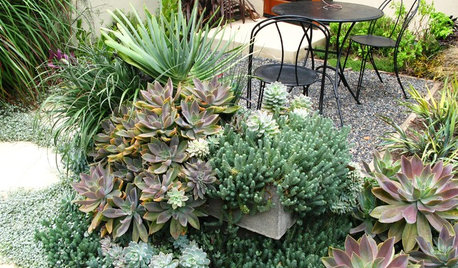
SUCCULENTSAmazingly Low-Maintenance Picks for Outdoor Planters
Turn to succulents, cacti and ornamental grasses to keep your summer watering and care to a minimum
Full Story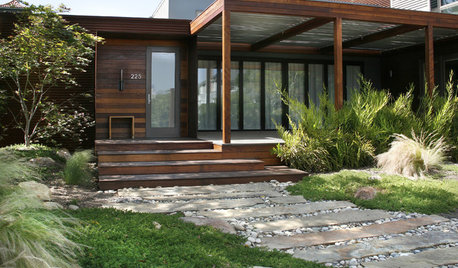
LANDSCAPE DESIGN7 Low-Maintenance Lawn Alternatives
Turf isn't the only ground cover in town. Get a lush no-grass lawn with clover, moss and other easy-care plants
Full Story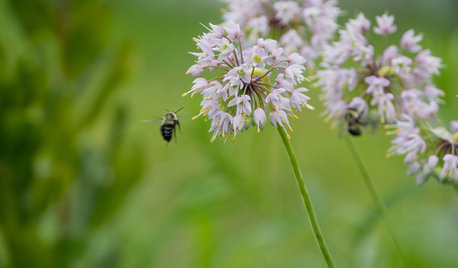
FALL GARDENINGGreat Design Plant: Low-Maintenance Allium Cernuum
Nodding onion is a Mid-Atlantic native bulb with beautiful midsummer blooms
Full Story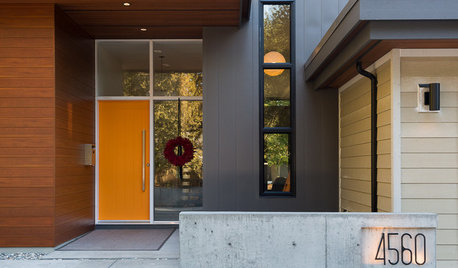
CURB APPEALEntry Recipe: Low-Maintenance Meets Contemporary Curb Appeal in Canada
A neighborhood-appropriate mix of textures and colors invites visitors to linger as they approach
Full Story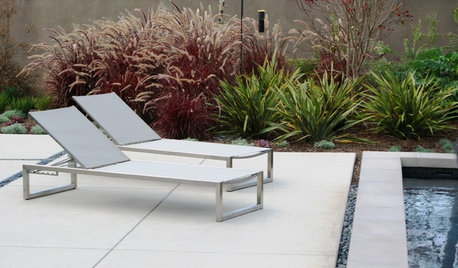
PURPLE FOLIAGEGreat Design Plant: Purple Fountain Grass
Easy come, easy grow — give this low-maintenance grass pride of place in your garden
Full Story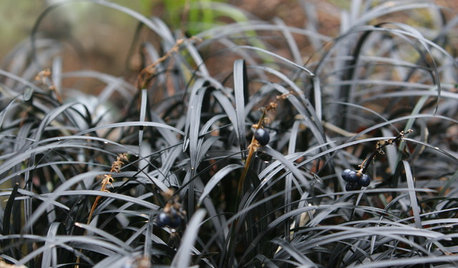
GARDENING GUIDESGreat Design Plant: Black Mondo Grass
Skip the mall and spend Black Friday planting this unusual low-maintenance grass
Full Story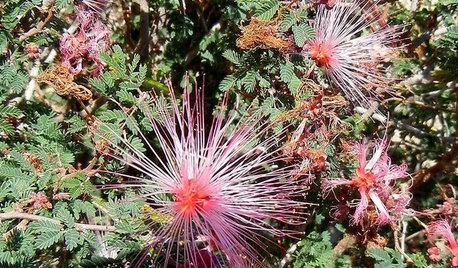
GARDENING GUIDESGreat Design Plant: Low-Maintenance Calliandra Eriophylla
Pink, puffy flowers of pink fairy duster transform the lacy foliage of this desert native in spring
Full Story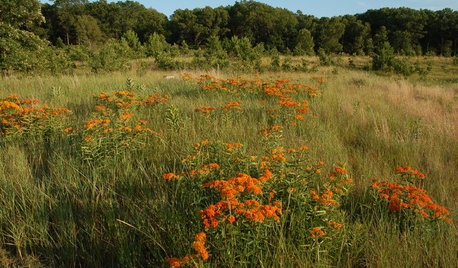
CENTRAL PLAINS NATIVE PLANTS10 Top Grasses for the Central Plains
Low-maintenance grasses provide seasonal interest and wildlife habitat, and aid good design
Full Story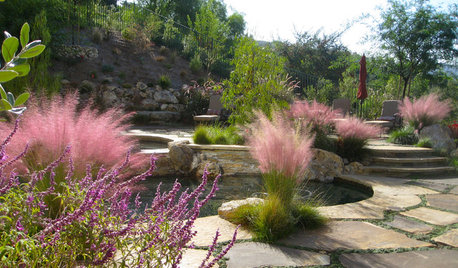
GRASSES10 Ways to Use Ornamental Grasses in the Landscape
These low-maintenance plants can add beauty, texture and privacy to any size garden
Full Story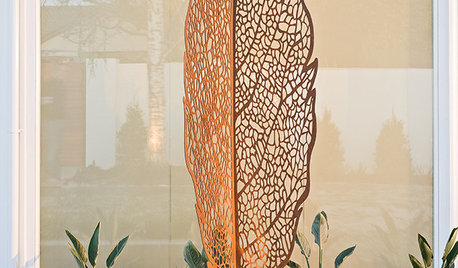
GARDENING AND LANDSCAPING4 Fabulously Low-Maintenance Garden Focal Points
Create a memorable ambience in your landscape with eye-catchers like these
Full Story







donn_
dawgie
Related Professionals
Matthews Landscape Contractors · Damascus Landscape Contractors · Forest Hills Landscape Contractors · Fort Atkinson Landscape Contractors · Lemoore Landscape Contractors · Middle River Landscape Contractors · The Woodlands Landscape Contractors · Vashon Landscape Contractors · Maplewood Landscape Contractors · Goodlettsville General Contractors · American Canyon General Contractors · Big Lake General Contractors · Mankato General Contractors · Mansfield General Contractors · Warrenville General ContractorscastorpOriginal Author
dawgie